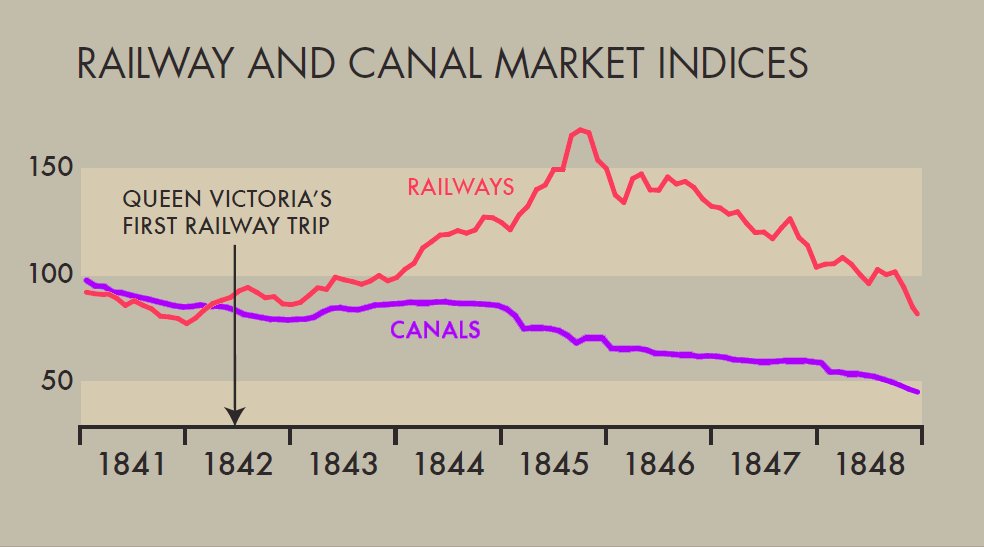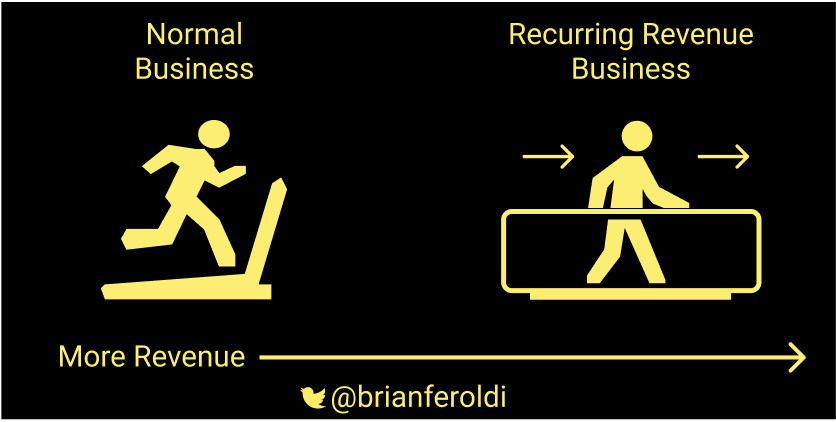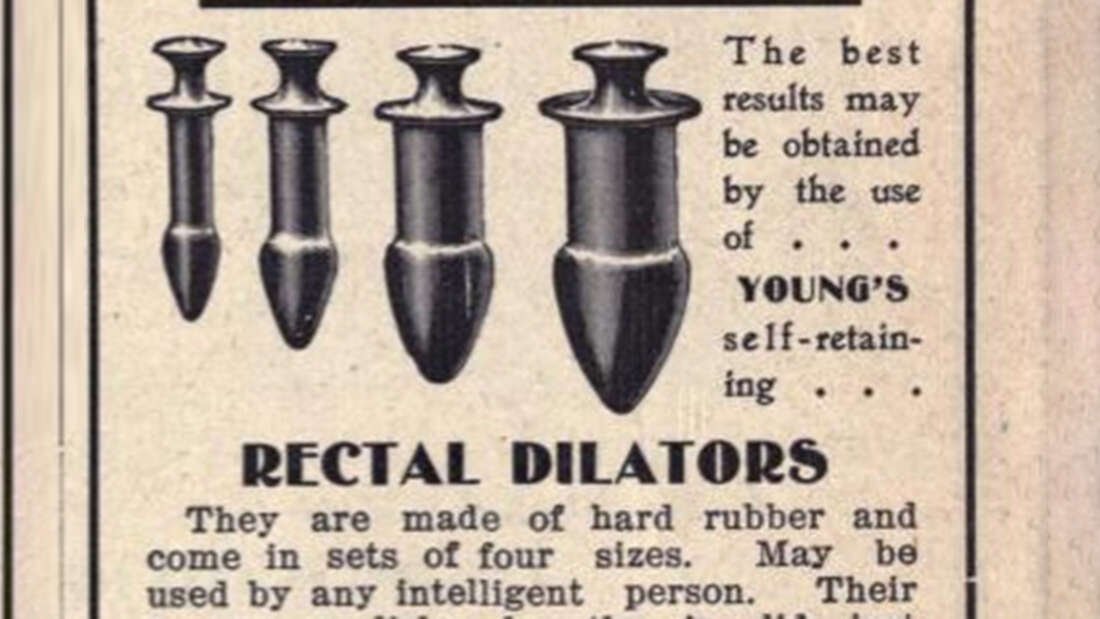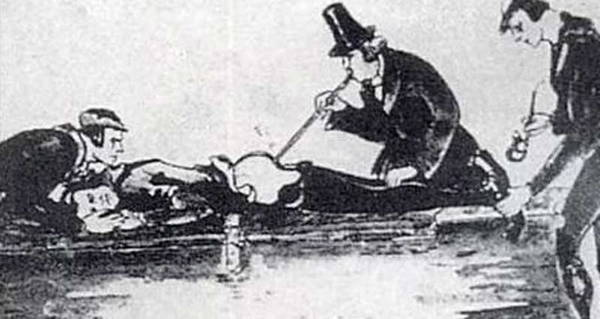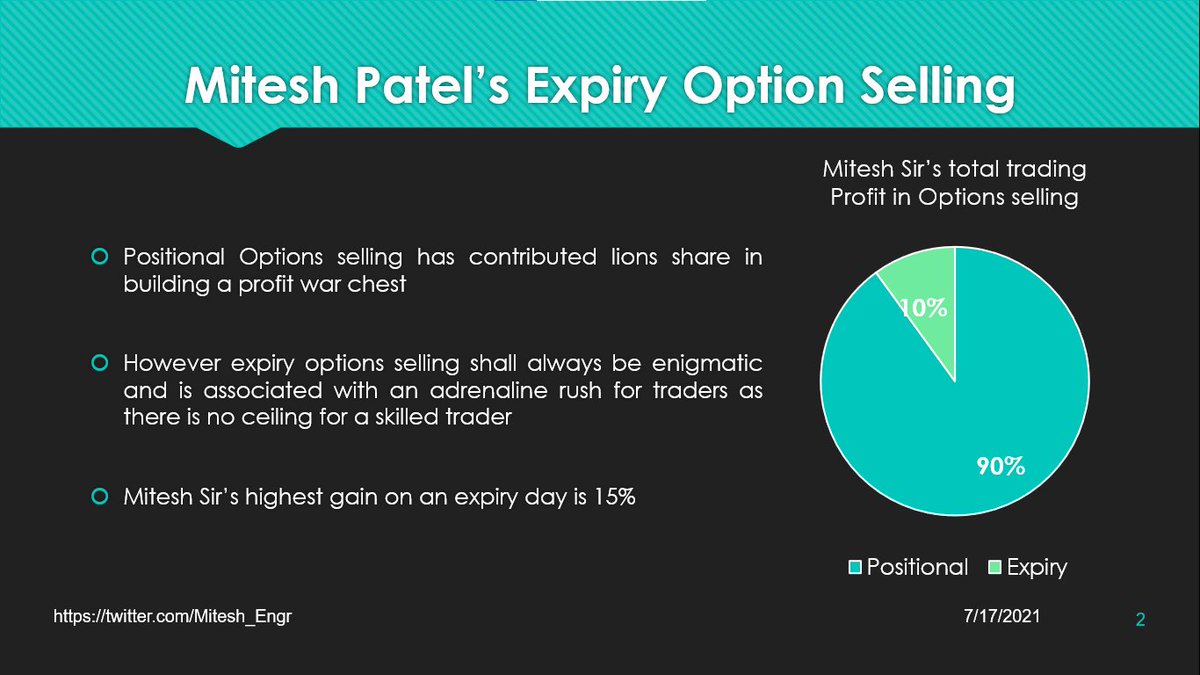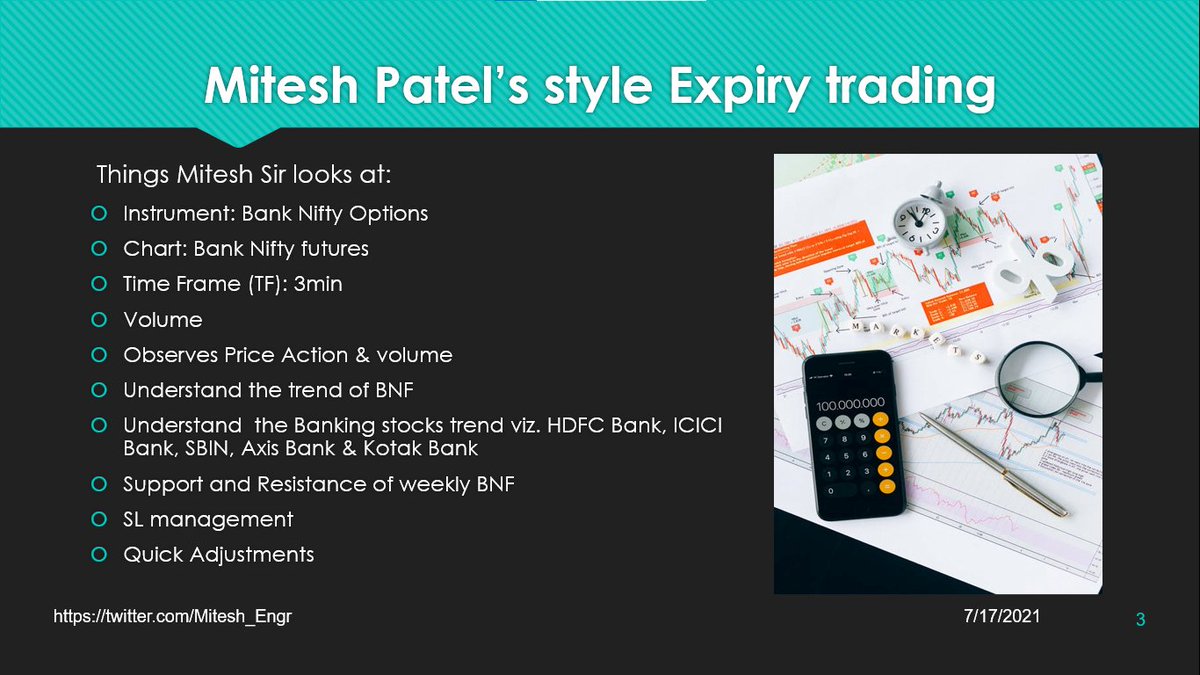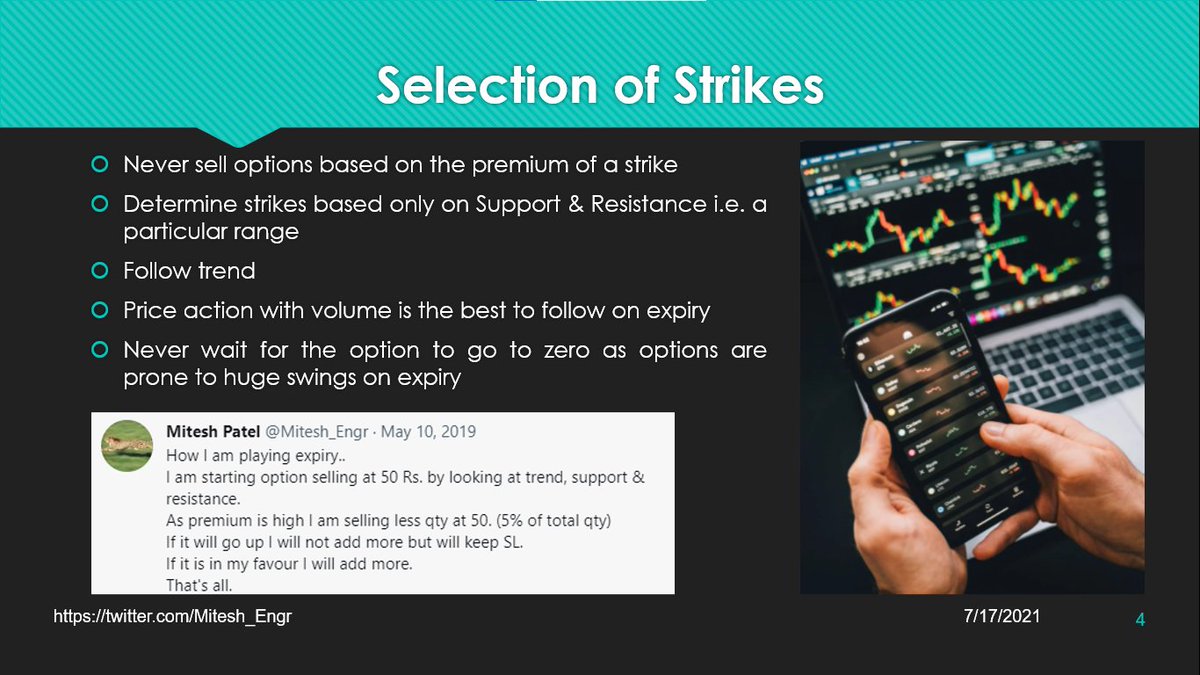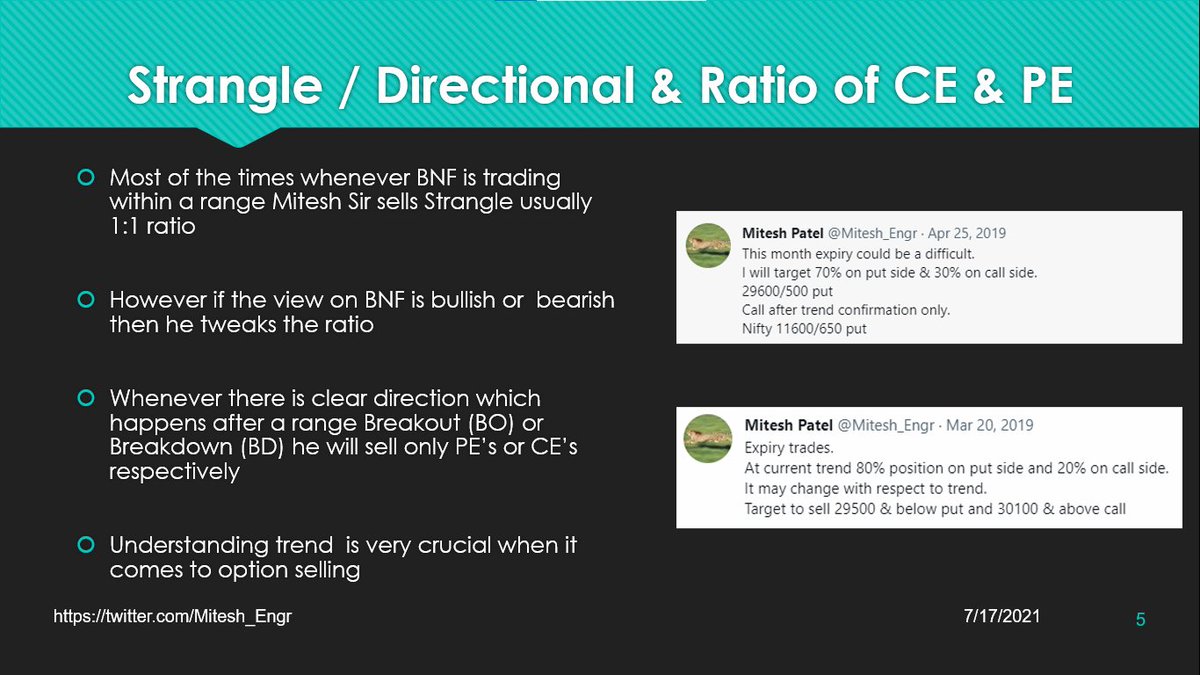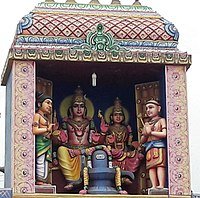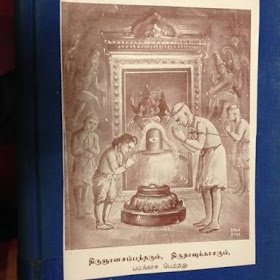@Joe_Mayes Non-tariff barriers are other conditions/criteria which, even though are not tariffs, may end-up having a tariff-like effect, that is an increase of costs and, thus, of the price paid by the buyer (e.g. a theoretical example, a requirement that all beer exported to Belgium) 1/
More from Finance
As the DeFi bull market continues, some brutally honest tips for new founders fundraising in crypto.
👇
1/ The discount you offer to strategic investors is both to account for the risk of an unlaunched product, but also as compensation for continued value add and support.
So make sure you know the investor will support you and not leave you on read once the docs are signed!
2/ Having someone on your cap table/ token allocation is as important as hiring.
You wouldn't hire someone just because they are influencers on Twitter- you do your reference checks and find evidence of value add from other companies the investor has invested in.
3/ Don't trust, verify.
Many investors will promise you the world when they're trying to get on your cap table.
Talk to founders they backed to see how much of it is bullshit. Ask them about how the investor was there for them during hard times.
4/ Don't just go for "name brand" funds because you want the brand.
Sure, it's great validation, but optimize for fit, not vanity.
However, I do think many well-known VCs are good actors, especially those with roots in successful trad VCs. They have a rep for a reason!
👇
Equity/ownership is a force. Getting it in the hands of the right people generously will drive alignment and execution.
— Joey Santoro (@Joey__Santoro) January 21, 2021
It is a joyful and serious responsibility \U0001f332
1/ The discount you offer to strategic investors is both to account for the risk of an unlaunched product, but also as compensation for continued value add and support.
So make sure you know the investor will support you and not leave you on read once the docs are signed!
2/ Having someone on your cap table/ token allocation is as important as hiring.
You wouldn't hire someone just because they are influencers on Twitter- you do your reference checks and find evidence of value add from other companies the investor has invested in.
3/ Don't trust, verify.
Many investors will promise you the world when they're trying to get on your cap table.
Talk to founders they backed to see how much of it is bullshit. Ask them about how the investor was there for them during hard times.
4/ Don't just go for "name brand" funds because you want the brand.
Sure, it's great validation, but optimize for fit, not vanity.
However, I do think many well-known VCs are good actors, especially those with roots in successful trad VCs. They have a rep for a reason!




